Self-Reflection Warrants A Separate Meeting: 4 Questions From Our CEO To Start The Conversation
Every morning before work, I meet with my toughest critic.
There are no conference calls or emails, no peers or set agenda. It’s casual, but focused. It’s direct, and honest. It’s the one meeting that sets my day in motion and it’s the one I have with myself.
During the early days of my career at MCI, I had a routine of “hashing things out” with my colleagues. Our conversations centered on a variety of topics, including: business news and ventures, company politics and team dynamics. It was through these thoughtful dialogues that I learned the value of opposing viewpoints and that a singular perspective – by itself – was inadequate. The success of the business relied on the consideration of multiple points of view.
However, once I co-founded The Northridge Group in 1999, I discovered that my previous ability to converse freely with my peers became increasingly difficult due to my role. I was forced to see things at a higher level using a different lens in order to lead the business objectively. While I still believe the success of any business relies on the consideration of multiple perspectives and the expertise of many, as CEO, the financial stability and viability of the firm weighs especially heavy on my mind. As I mentioned in my last blog post, I feel accountable to my employees – their jobs, their salaries, their livelihoods all rest on the decisions I make. That being said, I needed to find a way to keep myself grounded both personally and professionally. And so it began.
I started hosting private meetings with myself on a daily basis to ensure I was doing my job as CEO. These meetings were intended to make me a better leader and also, a better person. I wanted to zero-in on my own development and thought processes, so that I felt better equipped to lead the business as it continued to thrive and consistently grow.

That was many years ago. Now, these meetings have become an integral part of my daily routine. They occur every morning before work, without fail. They happen in a variety of places: when I’m getting ready in the mirror and driving in the car, sitting at the kitchen table or waiting in-line at Starbucks.
These meetings are essentially a process of looking at yourself before you look at others, in order to see what you can do. While it’s far easier to point out where someone else let you down rather than to criticize yourself, taking responsibility for your own shortcomings and weaknesses is a vital step in becoming a successful leader.
Below are four questions I often reflect on during these daily meetings with myself:
1. Was I clear in communicating my expectations?
2. Did I give 100% of my energy and attention?
3. Did I listen to and consider other people’s viewpoints?
4. Did I see a clear path to success? Or did I miss some signals that my path was not quite on track?
A successful company requires many components, but building trust and accountability can be one of the best ways to create a dynamic workforce. As a leader, you teach by example. By including deep introspection, self-reflection and personal accountability into your daily routine, you not only build a solid foundation for yourself as a leader, but also provide a platform for success to all those that follow in your footsteps.




